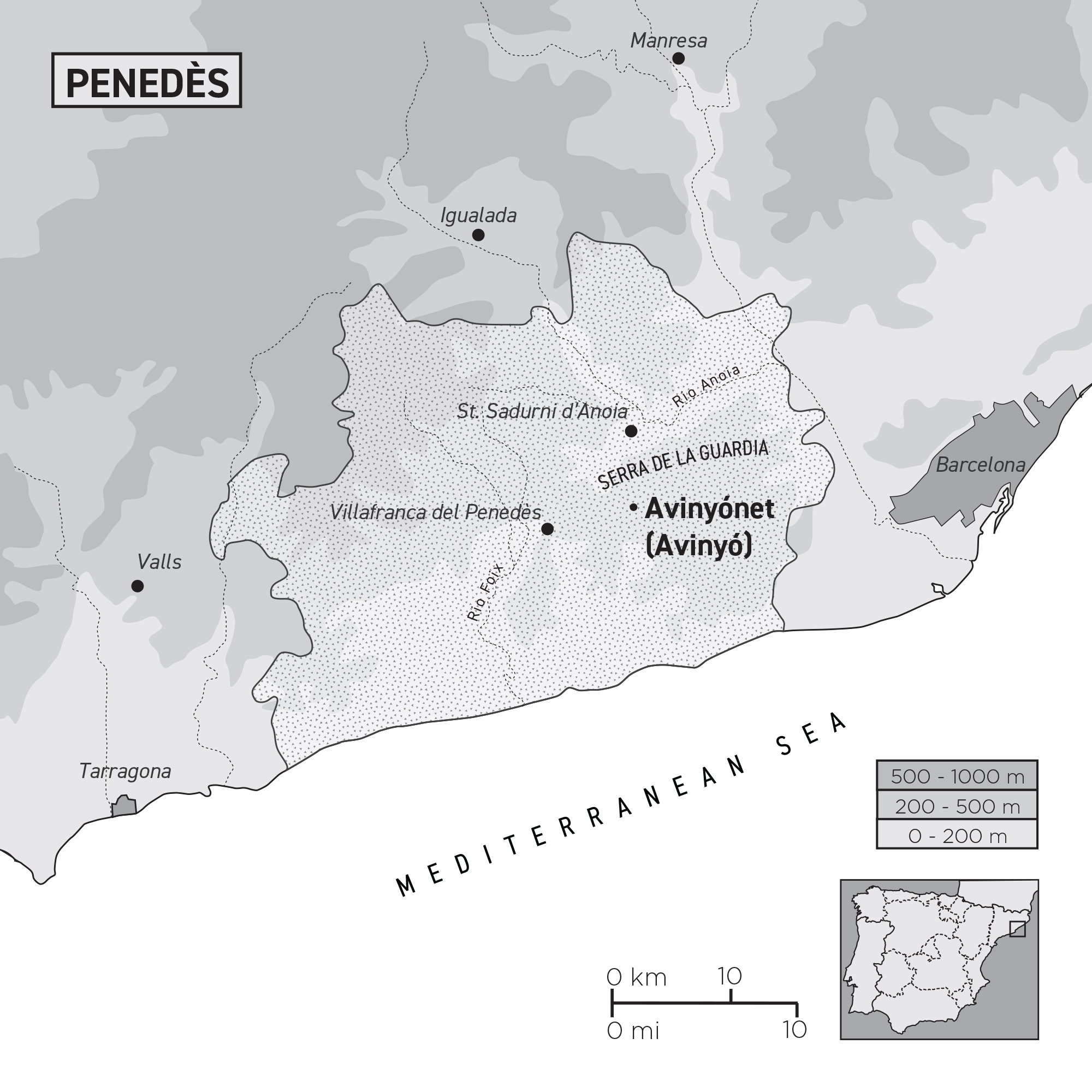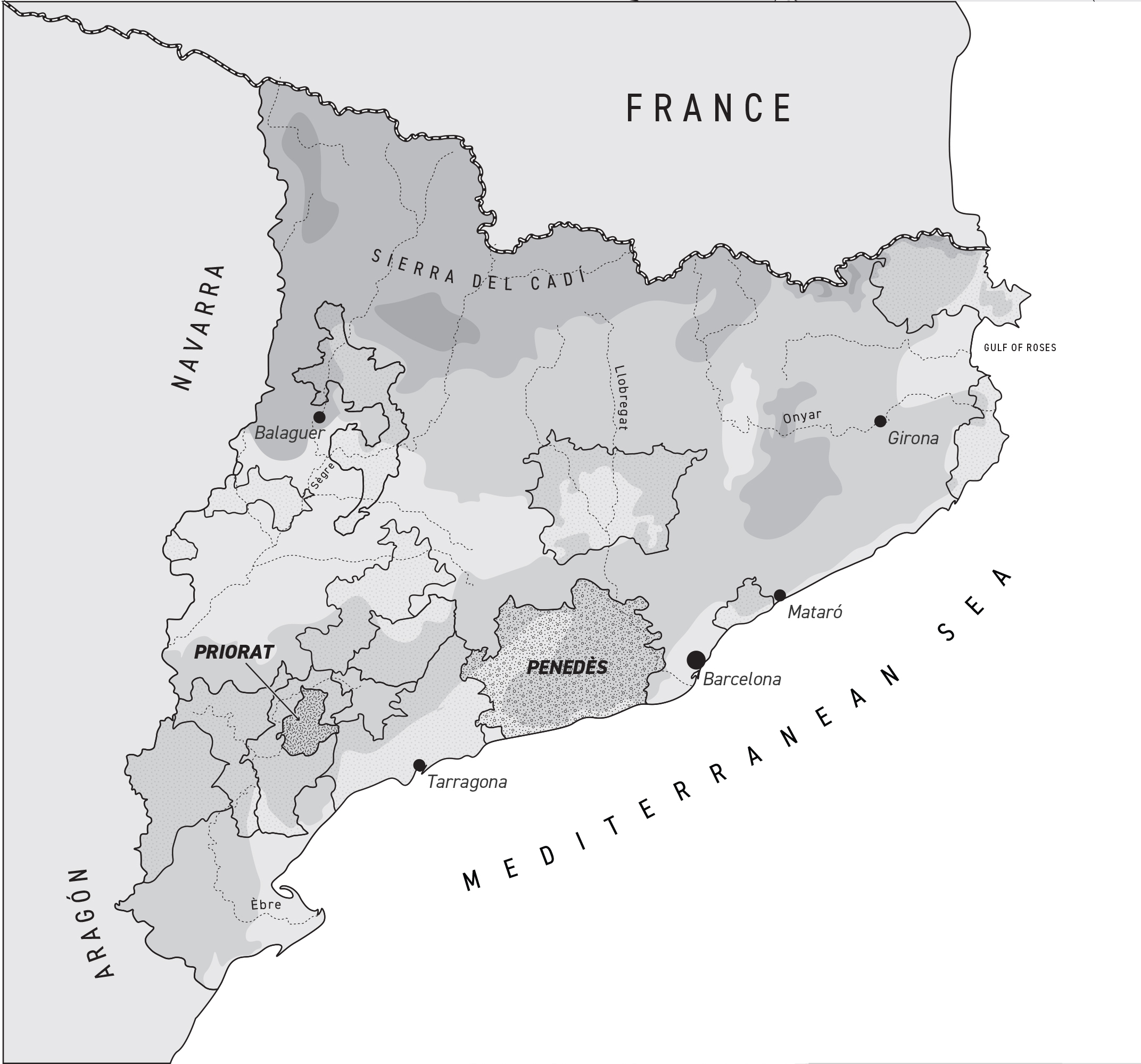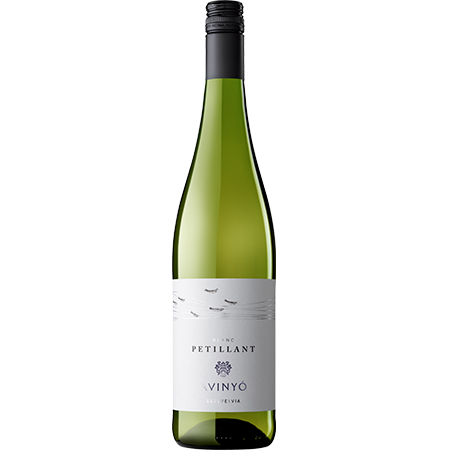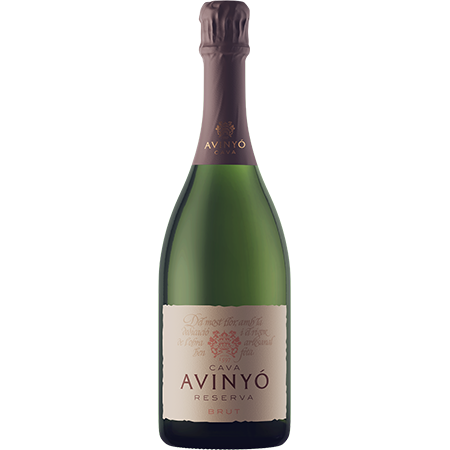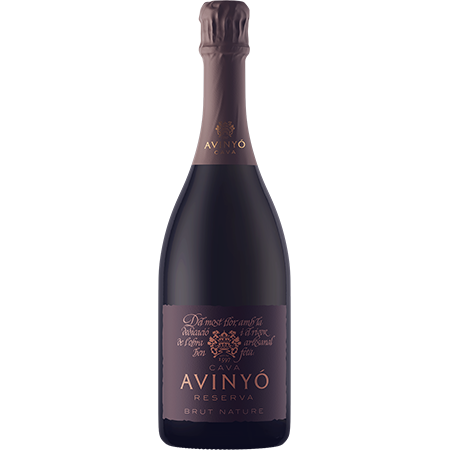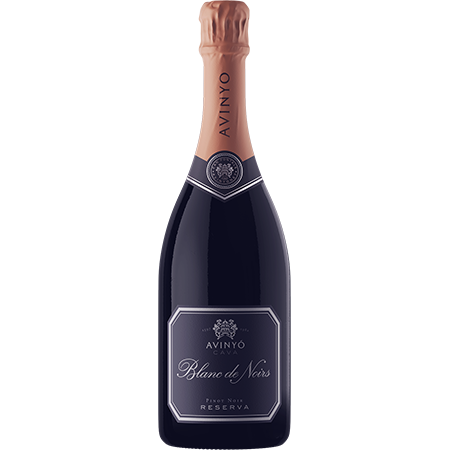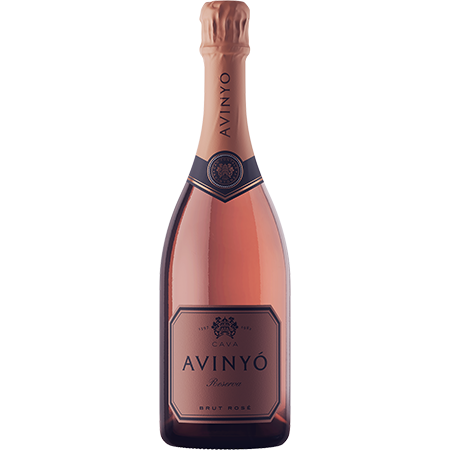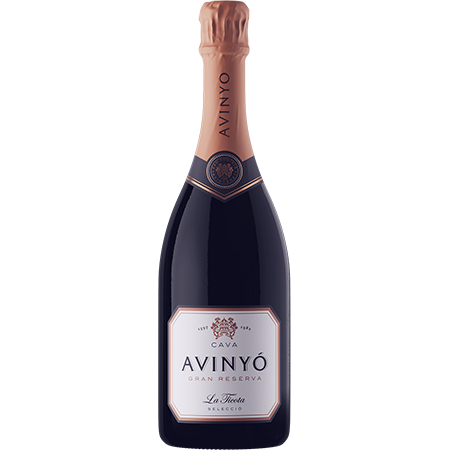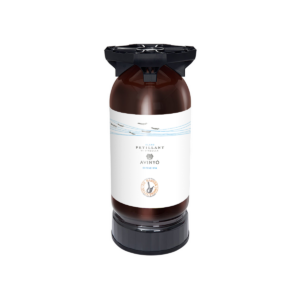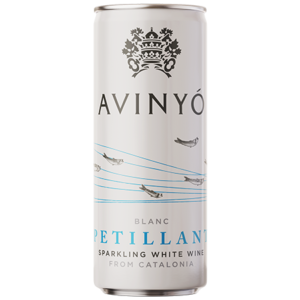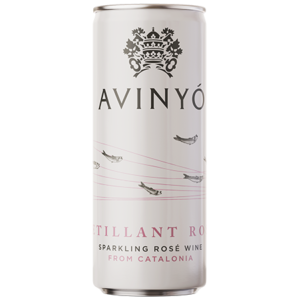Avinyó
Avinyó Cava is a premier, hand-made, artisanal sparkling wine house…
which stands in stark contrast to the status quo of the industrial Cava machine. It begins with their location in the Catalan countryside in the remote village of Avinyonet del Penedès, where the Esteve family traces their history to 1597 with the building of their Masia (Catalan farmhouse) named “Can Fontanals”, the traditional family home. Their spirit of innovation and respect for traditions, driven by an undercurrent of constant self-improvement and a relentless drive for quality, are the defining characteristics that set Avinyó Cava apart from others.
“Del most flor, amb la dedicació i el rigor de l’obra artesanal ben feta.” This Catalan saying graces the label of every Avinyó bottle and translates as “starting with the best part of the harvest, and exerting the dedication and rigor of a well-crafted work.” Avinyó was our first import in 1996, and it was in a similar spirit of “a well-crafted work”, that De Maison Selections was founded.
Up until the late 19th century,
the Esteve family of Avinyó lived a life similar to other traditional Catalan farms, with the growing and selling of cereal crops, legumes, and wine. But when phylloxera crossed the border from France into Spain, the family was dealt a double blow. The pest completely destroyed their vineyards and their savings, with the subsequent bankruptcy of the region’s banks wiping out their finances.
Faced with starting over, Joan Esteve Marcè (grandfather of the current generation and founder of the modern winery) saw opportunity in their hardship and developed a plan to rebuild and focus their farming around the production of quality grapes for wine production. In 1889 he traveled to France in search of the new phylloxera-resistant rootstocks, from which he replanted the entire estate. His calculated gamble paid off, and he spent the rest of his life improving the winery, rejuvenating it for the next generation of the family business.
In the same spirit of innovation that led Joan Esteve Marcè to France, his son, Joan Esteve Nadal, brought the first tractor to Penedès in 1957 to further improve his farming. Joan Esteve Nadal expanded the family’s holdings to four parcels totaling about 40 hectares, with the indigenous varieties of xarel-lo, macabeo, and parellada making up the majority of the vines planted. While the family continued to sell the majority of their produce to the large Cava houses, Joan Esteve had been spending time in France, learning how to make world-class, hand-made sparkling wine. With that experience, the first Avinyó Cava with a label was produced in 1979 in very small quantities and the family gradually became known to locals as a source for incredible hand-made sparkling wines from traditional grape varieties.
Fina Nadal, Joan Esteve’s wife and family matriarch, is a celebrated artist who produces traditional, coveted Cerámica Catalana, using the traditional style and methods developed in the 1800s in the Catalan countryside, of which Avinyonet del Penedès is particularly notable.
Today, Avinyó produces wine exclusively from vineyards that they own and farm organically, with great care and respect, a rarity among Cava producers. This point cannot be overstated, as the unfortunate commodification of Cava by the industrial-volume producers has resulted in intense downward pressure for grape prices in the region and a subsequent race to the bottom for Cava pricing, especially in the US market. This, in turn, has led to the reality that most Cavas that make it to the US are not from organic farms like Can Fontanals. Rather, they are industrially produced from an anonymous base wine purchased cheaply from the local cooperative, re-fermented and aged for the bare-minimum time required (9 months), and adorned with a fantasy label, from a winery which does not exist. This is the situation in which serious Cava producers find themselves today, a reality which only serves to drive the resourceful Esteve-Nadal family to push their quality standards higher each vintage, setting themselves in bold contrast to companies who do not farm their own fruit or even know the origin of their grapes.
To combat the adverse reputational effects from wineries with, shall we say, different goals than quality-minded producers like Avinyó, the D.O. Cava has thankfully altered its qualifications to make clear this distinction. Avinyó wines had always far exceeded the standards set by the D.O., and that has not changed, even with the higher thresholds. All of their Cavas are de Guarda Superior, a qualification that requires vintage-dated wines that undergo at least 18 months bottle aging, from minimum 10 year-old vineyards that must be farmed organically, with 10,000kg/h yields. To wit: the minimum aging for Avinyó’s “entry-level” Reserva Brut cuvée is 24 months, with many of their bottlings receiving at least 36 months of time on the lees. Avinyó is also, of course, an Elaborador Integral, attesting to the fact that everything—from vineyard to bottle—is done on site, and is one of only 14 such producers in the D.O. For more information on these regulations, we’ve made this helpful D.O. Cava 101 sheet.
Each shipment of wines is disgorged on-demand for refrigerated transport to the US, so flavors are always fresh and vibrant. In addition to being produced solely from organically certified (since 2019) estate-grown grapes and with extended lees-aging in bottle, all Avinyó Cava is from a single-vintage, clearly labeled on the bottle. No reserve solera wine is used here to alter either the expression of the vineyard or correct for a “house-style”. Avinyó is about transparency.
The range of wines produced at Avinyó falls into two categories: traditional and innovative. Their traditional line of Cava, which includes the Reserva, Brut Nature Reserva, and single-vineyard Gran Reserva selecció La Ticota (from their grandfather’s original plantings in 1940) always respects the traditional Catalan grape varieties xarel-lo, macabeo, and parellada. This is the spiritual center for Avinyó and no foreign grapes are ever added to these blends.
Their innovative projects include their incredibly popular Petillant, which is a light, refreshing, lightly sparkling wine produced from the muscat de Frontignan grape, planted in their highest elevation vineyards at 350m and blended with a small percentage of xarel-lo and macabeo. Avinyó Petillant has become synonymous with warm-weather fun throughout the US. Two very special wines, a direct-press Rosé Reserva and Blanc de Noirs Reserva, are produced from a single-vineyard planted entirely to pinot noir, Finca La Fassina, located on the geographical limit of Avinyonet del Penedès on a cool-climate site, protected from the winds of Levante where pinot noir prospers.
Today, the next generation of the Esteve-Nadal family is at the helm, refining innovation while respecting tradition. Four siblings (Xavier, Luis, Pedro Juan, and Mercé) blend tradition, technology, and a relentless pursuit of quality to make their distinctive wines. In the family tradition, we can expect excellence for generations to come.

